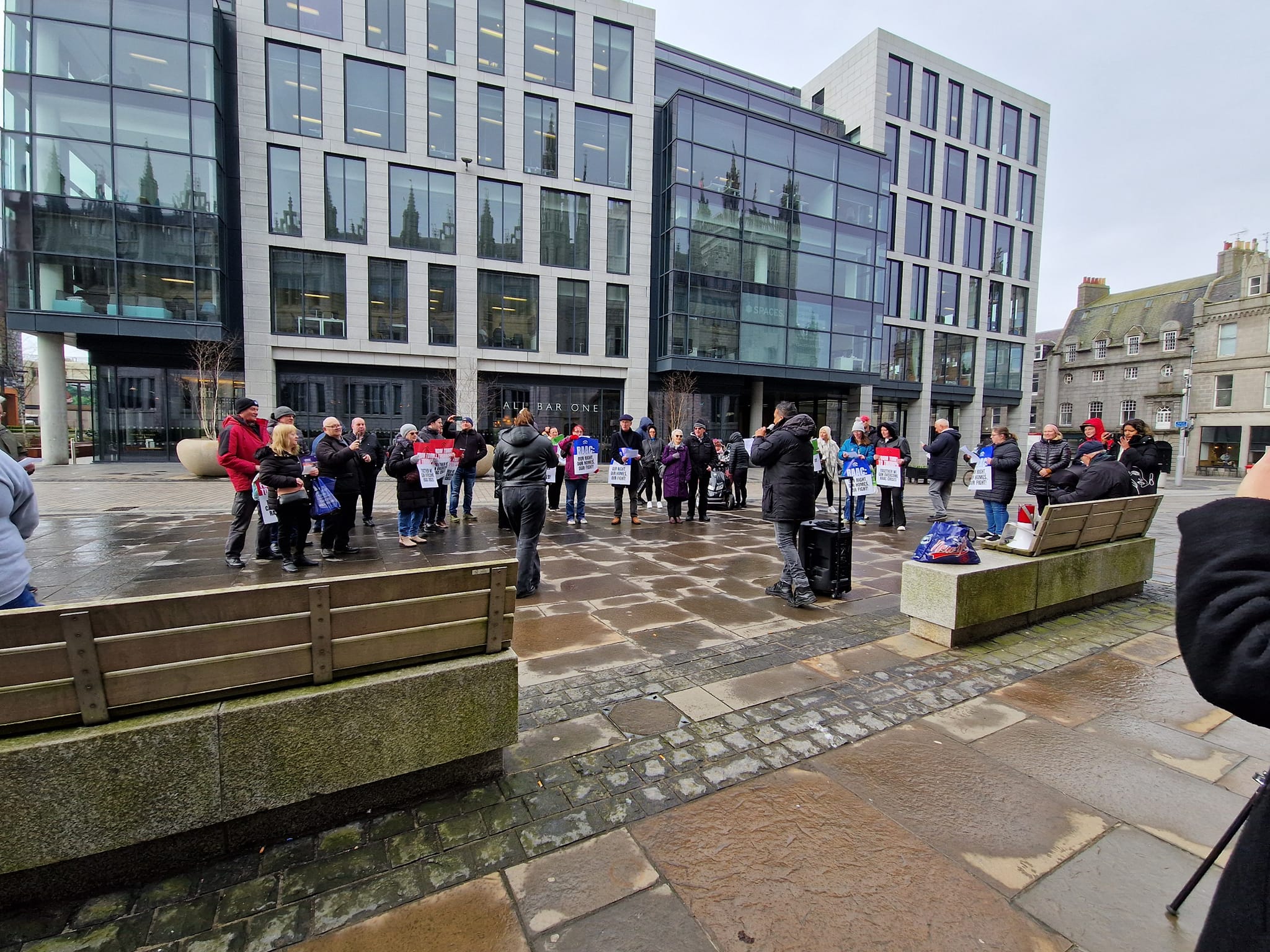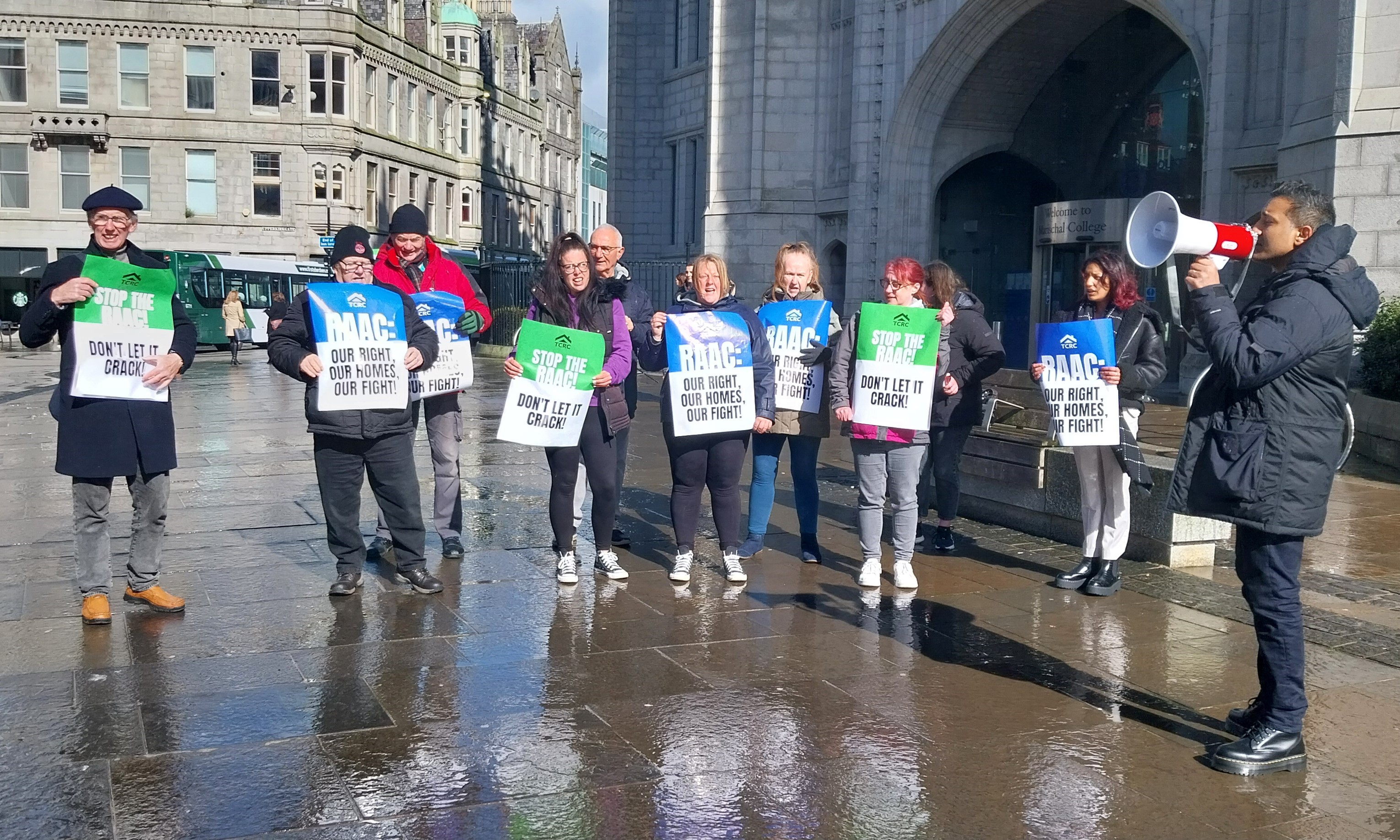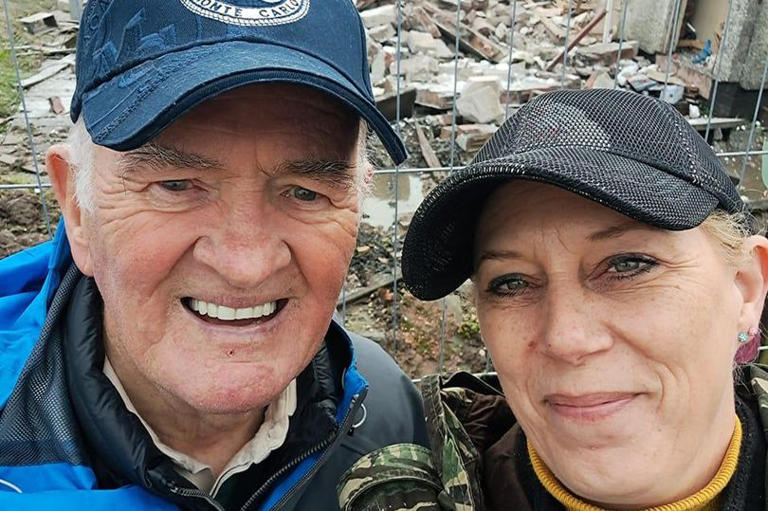Shabnam Hashmi (member Asiapeace, New Delhi) visits Gujarat and assesses if the hearts will meet again.
Best regards,
Ishtiaq Ahmed
Moderator Asiapeace - An electronic discussion group
Affiliate of Association for Communal Harmony in Asia (ACHA).
Associate Professor
Department of Political Science
Stockholm University
Tel: work: 00 46 8 16 26 24
Ishtiaq.Ahmed@statsvet.su.se
1. Robin Khundkar (member Asiapeace, Los Angeles) has sent the following:
Communal Violence, War Clouds, and a Peace Concert
Saturday, November 2, 2002
University of Southern California
November 2nd will mark the 18th anniversary of the 1984 massacres in Delhi. Join us to mark this anniversary with a discussion meeting followed by a peace concert. The meeting will focus on the ongoing violence in Gujarat and the war clouds that hang over South Asia.
The last six months of continual violence in Gujarat is a stark reminder that the legacy of November 84 cannot be wished away. As people have begun to take the initiative in their hands to secure justice and protection, peace and dignity in the face of continued inaction and complicity on the part of the officialdom, it is important to deliberate how people can be effective? What roadblocks do they face? How can the trend of politics of violence be negated?
If recent events are anything to go by, war preparations and war are an active part of the agenda for governments all over the world. Contentions and collusions between big powers and governments of South Asia pose a grave danger to the security and progress of people. How do people intervene in the situation to defeat the plans of all those who plan to engulf the region in war and chaos?
The evening will conclude with a concert for peace. Rejecting war as an option for dealing with problems, the concert captures the prevalent anti-war sentiments, and is an _expression of peoples' initiatives to prevent war in the region. The peace and friendship concert will feature recitals by Ustad Shujaat Husain Khan (sitar) from India and Ustad Tari Khan (tabla) from Pakistan.
PROGRAM for the AFTERNOON/EVENING
Public Meeting:
War Clouds and Communal Violence: What Role must People Play?
Taper Hall of Humanities, Room 212 (or THH 212), USC
3:30-6:00 p.m.
Everybody welcome event is free
Organized by IPSG-LA
Indian Food: 6:30-7:30 will be sold outside Bing Theatre
Evening Concert:
India/Pakistan PeaceConcert: War is not an option
Bing Theater, USC
7:30 p.m. 10:00 p.m.
Performers:
Ustad Shujaat Husain Khan (sitar) and Ustad Tari Khan (tabla)
General Admission: $15; Students: $10
For tickets, please call or visit the USC Ticket Office at (213) 740-7111 (open from 9 a.m. to 4.30 p.m., Monday to Friday)
Sponsoring Organizations: SCIA-USC, IPSG-LA, SAF, SAN, USC Dept. of Classics and others
For more information: please call
Shonali (323) 655-1276
Phiroze (323) 655-7318
Shabnam Hashmi (member Asiapeace, New Delhi) writes:
Will the Hearts Ever Meet?
October 15, 2002
The whole family argued with him, everyone was leaving. Some of the villagers had taken the initiative and arranged for three tempos to transport people to a safer place. The old man remained adamant till the end. He had nothing to fear. He was 73 years old, had spent all his life in the village, bore no malice to anyone and had good relations with both Muslims and Hindus.
We were standing in a courtyard surrounded by semi-demolished and demolished houses and rubble. It was in this courtyard where the mob had brought 5 two wheelers belonging to Muslims. They poured petrol on the vehicles. The old man was dragged out of his house.
They did not kill him. They broke one of his legs with a baton, threw him on top of the vehicles and then set them afire, moved ahead towards the next target.
Standing in the courtyard exactly after seven and a half months of the incident I felt a chill going down my spine. Nothing much seemed to have changed in the village Ode, in the Anand district, Gujarat.
We were now in front of a huge dump of bricks and mortar. Amina bibi told me that the house belonged to an influential Muslim. He had given shelter to 23 Muslims mainly women and children. He convinced them that they would be safe in there. No one could touch his house. People had respected him in the village.
The mob was moving towards the next target. This was a good opportunity. They surrounded the house. All the 23 people were burnt alive. Most of the neighbors had fled. It was impossible to find an eyewitness, who could shed some light on the status of the dead people. The Police very efficiently declared them 'missing'. There is no way to find out if the bodies were taken out by the police or are still buried under the rubble. Ilias bhai, the coordinator for the Kheda Anand district relief camps has tried many times to persuade the police to remove the rubble but has not been able to get any success on that score. The people are still 'missing'.
Out of the total of 272 families whose houses were attacked, looted and then demolished, only 40 families have been able to return so far to the village and that too in their semi-broken houses. A kabristan perhaps would look more cheerful then these dead houses.
Somewhere in another village Modi, the proud Chief Minister of Gujarat, is taking out the Gaurav Yatra.
Mogri is another village in the Anand district. Sixty-four families were driven out from the village on March 1, 2002, their houses looted and broken in the same fashion. They have not been allowed to enter the village again.
Aaron and Miranda, reporters from WBAI, a radio network having 60 channels in the US were also with me. I wanted to assess the situation myself. Things couldn't have been so bad. After all more than seven months had passed.
It took us barely 30 minutes to reach Mogri from Anand. As we entered the village it looked quite full of life. All the shops were open and people were moving around. Our car negotiated its way through the crowd and we entered a small lane. We parked the car near a few shops. There were 7-8 young boys standing and chatting there.
Yasin was with us. He was a teacher seven months ago. Children from both the communities came to him for taking tuitions. He had close and friendly relations with their families. We entered a burnt house. It looked haunted; there was nothing in the house except black soot and cobwebs. We entered the demolished mosque, which was also in the same lane. We could read in bold letters VHP on the walls of the mosque. We went to the first floor. The pillars and floor were ripped apart by using a gas cylinder. Yasin showed us his house from the first floor. He had tried to send some karigars to start rebuilding the house, but they were threatened and the house attacked again.
Ilias told me that it was not advisable to remain in the village for long. We came out. We had hardly spent 10 minutes there. I had an uneasy feeling. Something looked different. Then I realized that the shops had closed down and the young boys had disappeared. As we came near the car we were shocked to see the front glass completely smashed.
Vajpayee, Advani and Modi are demanding early elections. Modi is there next Chief Ministerial candidate.
My daughter calls me on my mobile from Delhi. She is seven years old. She is very happy as she has got all kinds of presents and sweets for 'kanjak' from families in our apartments. She wants me to know that only girls participate in the puja, boys are not allowed. She is very happy because she can score a point over her brother. She did puja in five houses. She wants to know if I will bring some present for her from Gujarat. She wants the traditional Gujarati lehnga and the dandiya sticks. She has also heard that Eid is not far off and wants to know how much Eidi she will get. She is a little chatter-box.
Arif bhai dared to enter Kanjri village day before yesterday. He was selling bangles to women. He was surrounded and beaten up severely. He is lying on bed, cannot move for weeks because of bruises all over his body. He has developed high fever.
Ilias bhai tells us that Hindu families are moving out of Muslim dominated areas. They don't want them to move out but Hindus are feeling as insecure.
Gaurav Yatra is moving on. Long live Modi.
We are returning to Baroda. There is total silence in the car. Aaron, Miranda and Raj are sitting in the back seat. Vijay, who is our driver looks at me, he takes out a cassette and puts in on. I can hear a very soft, soothing voice:
do dil mil rahe hain, magar chupke chupke, sabko ho rahi hai khabar chupke chupke…
I love the song. I wonder if the hearts will ever meet?









